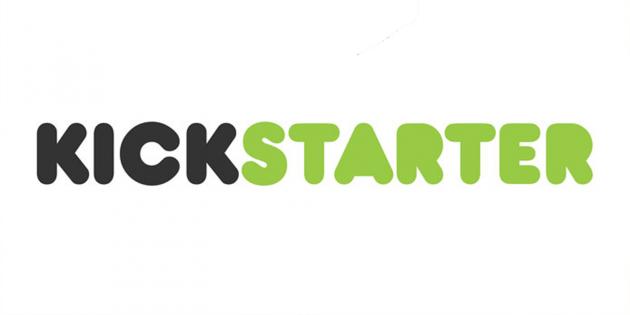Researchers Only Need 4 Hours To Know If a Kickstarter Campaign Will Succeed
2013.10.17

By the end of 2012, Kickstarter announced it had seen a 50% increase in new campaign launches over a six month period. Record setting success projects like the Veronica Mars movie earlier this year has helped push the site further into the mainstream.
Still, there are a lot of campaigns that don't succeed on Kickstarter. 56% of campaigns that is. And there is also no surefire way to succeed on Kickstarter.
So researchers at the Swiss Federal Institute of Technology in Lausanne have decided to look at the numbers and see if there was a better way for Kickstarter campaign creators to help them predict if their campaign will succeed.
They came up with a new algorithm that they claim can predict the ultimate success or failure of a fundraising attempt with 76% accuracy within four hours of a campaign launching.
"As only 44 percent of campaigns reach their goal overall, it is of high interest for creators to know early on the probability of success of their campaign, to be able to react accordingly," write the researchers Vincent Etter, Matthias Grossglauser and Patrick Thiran.
The model here is pretty different because it takes into account the detailed information about backers as well as Twitter mentions. They track those two variables along with more conventional data such as campaign duration and monetary goal.
"On average, four hours after the launch of a campaign, the combined predictor can assess the campaign's probability of success with an accuracy higher than 76 percent," the report reads.
They based their findings on a nine month study of some 16,000 Kickstarter campaigns and compiled a complex database of information about those making donations to various fundraising efforts and tracked all social media mentions on Twitter.
More Articles
Copyright © Fooyoh.com All rights reserved.